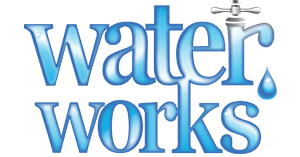Why a Whole House Water Filter is Essential for Clean and Safe Drinking Water in Colorado
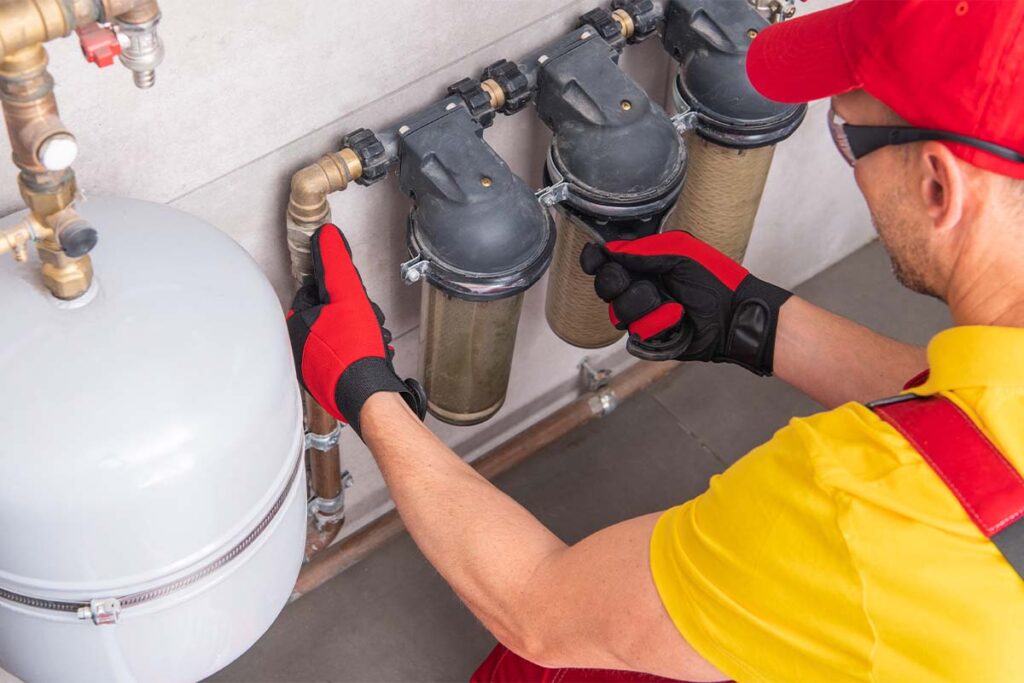
What is a Whole House Water Filter?
The Importance of Clean and Safe Drinking Water in Colorado
Colorado is known for its beautiful scenery and outdoor recreational opportunities. However, the state’s water supply is often affected by various contaminants, including industrial chemicals, pesticides, and minerals that can be harmful to human health. Exposure to these contaminants can lead to serious health problems, including cancer, neurological disorders, and developmental delays.
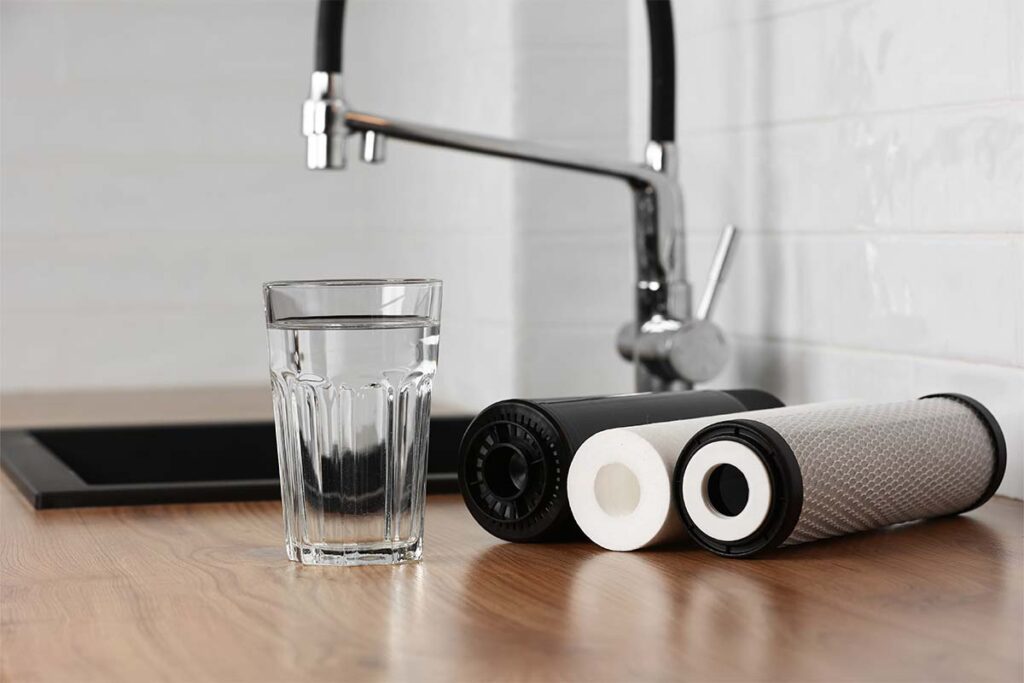
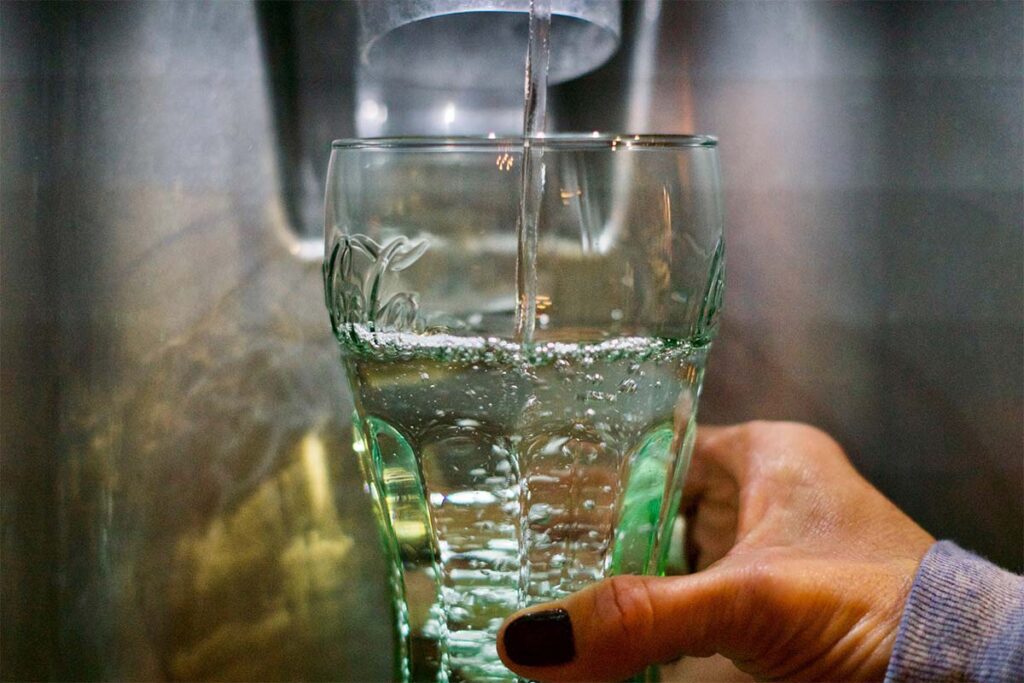
What are some common issues with Colorado's drinking water supply?
Colorado’s water supply is often affected by various contaminants, including:
- Lead
- Arsenic
- Pesticides
- Radon
- Uranium
- Industrial chemicals
These contaminants can have a negative impact on human health, especially for vulnerable populations such as pregnant women, children, and the elderly.
How Does a Whole House Water Filter Work and What Different Types are Available?
Water Softening
Pros & Cons of Water Softening
Pros:
- Prevents scaling and buildup in plumbing and appliances
- Improves the taste of water
Cons:
- Can lead to increased sodium levels in the water
- Does not remove other contaminants such as lead or arsenic
Ultraviolet Purification
Pros & Cons of Ultraviolet Purification
Pros:
- Effective at removing harmful microorganisms
- Does not use chemicals
Cons:
- Does not remove other contaminants such as chemicals or minerals
- Requires electricity to operate
Sediment Filters
Sediment water filters are designed to remove sediment and larger particles from the water, such as sand or dirt. This process can help to protect your plumbing and appliances from most forms of damage.
Pros & Cons of Sediment Filters
Pros:
- Protects plumbing and appliances from damage
- Low maintenance
Cons:
- Does not remove other contaminants such as chemicals or microorganisms
- May need to be replaced frequently depending on the level of sediment in the water
Carbon Filters
Pros & Cons of Sediment Filters
Pros:
- Effective at removing a wide range of impurities
- Relatively easy to install and maintain
Cons:
- May not be effective at removing all contaminants
- Can be expensive, especially for larger or commercial systems
How Does a Whole House Water Filter Work and What Different Types are Available?
Water Softening:
Ultraviolet Purification:
Sediment Filters:
Carbon Filters:
Acid Neutralizers:
The Benefits of Installing a Whole House Water Filter in Colorado
Installing a whole house water filter in Colorado can provide several benefits for homeowners. These include:
- Improved Taste and Odor of Water: Whole house water filters can remove impurities and contaminants that affect the taste and odor of water. This can make water more appealing to drink and improve the flavor of food and beverages made with water.
- Protection of Plumbing Fixtures and Appliances: Hard water and sediment buildup can cause scaling and damage to plumbing fixtures and appliances such as dishwashers and washing machines. Whole house water filters can help protect these items and extend their lifespan.

How Whole House Filters Can Improve the Taste of Food
How Whole House Water Filters Can Improve Your Skin and Hair
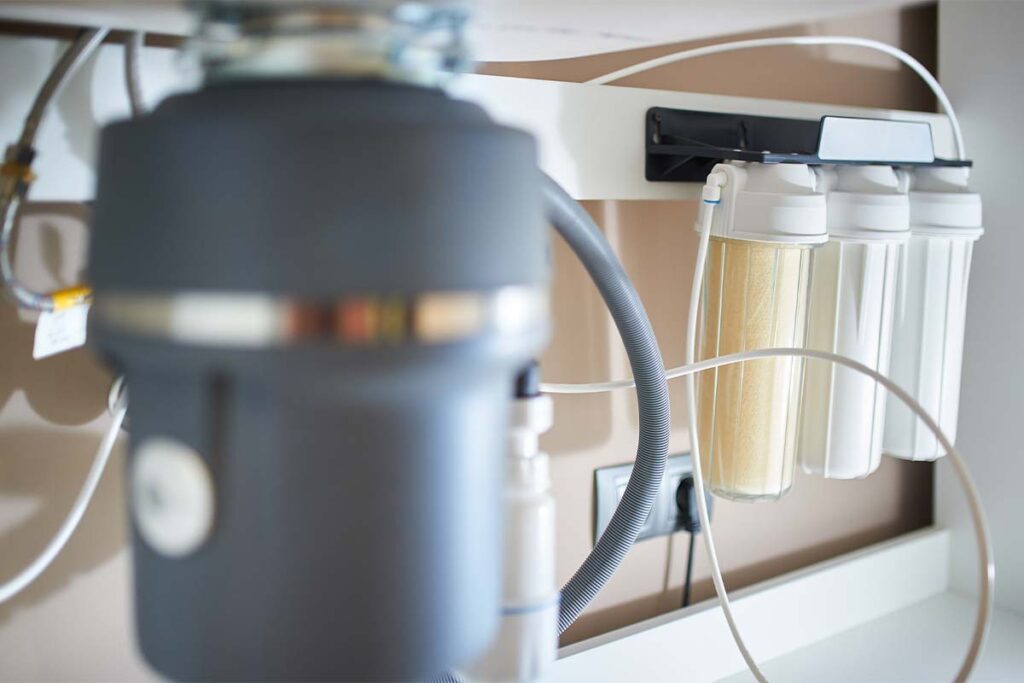
What Harmful Contaminants Can Whole House Water Filters Remove?
Choosing the Right Whole House Water Filter Brand for Your Colorado Home
When it comes to choosing the right whole house water filter brand for your Colorado home, it is important to do your research and consider several factors. These factors include the quality of the filter, the size and capacity of the filter, the level of maintenance required, and the cost.
Some popular brands of whole house water filters include Aquasana, Culligan, Pelican, and 3M. Each of these brands offers a range of filter options and features to suit different needs and budgets.
It is also important to consider the size and capacity of the filter system. A larger home or a home with a high water usage may require a larger filter system to ensure adequate water flow and filtration.
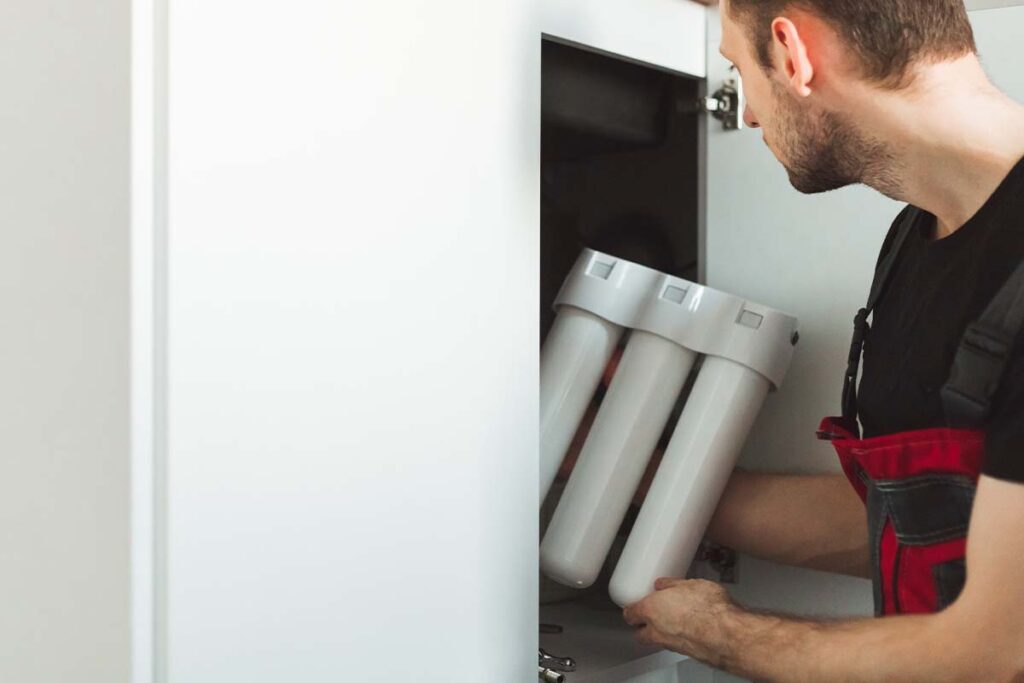
Top-Rated Whole House Water Filters for Colorado Homes
Choosing the right whole house water filter for your Colorado home can be a daunting task, but with the right information and research, you can find the perfect filter to suit your needs and budget. There are many top-rated whole house water filters for Colorado homes, each with their own unique features and benefits. Some of the top-rated options include:

Axeon Whole House Water Filters
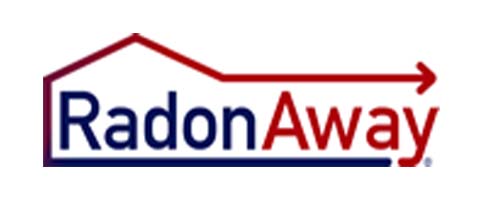
RadonAway Whole House Water Filters
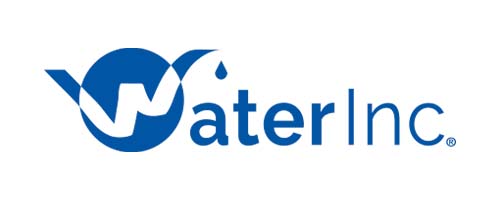
Water Inc. Whole House Water Filters
How Difficult is It to Install a Whole House Water Filter: Can I DIY it?
While installing a whole house water filter might seem daunting, it is actually a relatively straightforward process that can be done with a few basic tools. If you are comfortable working with plumbing and have experience with home repairs, you can likely install a whole house water filter yourself.
The first step is to turn off the main water supply to your home. This is usually located near your water meter or where the main line enters your house. Once the water supply is turned off, you will need to cut the pipes to install the filter. Make sure to measure and mark the pipes before cutting them to ensure a proper fit.
Next, you will need to install the filter housing and brackets. The housing should be installed before the filter to prevent debris from entering the system. Once the housing is secured, you can insert the filter cartridge and attach the filter to the brackets.
After the filter is installed, you will need to turn the main water supply back on and check for any leaks. If there are no leaks, you can turn on your faucets and allow the water to run for a few minutes to flush out any air or debris in the system.
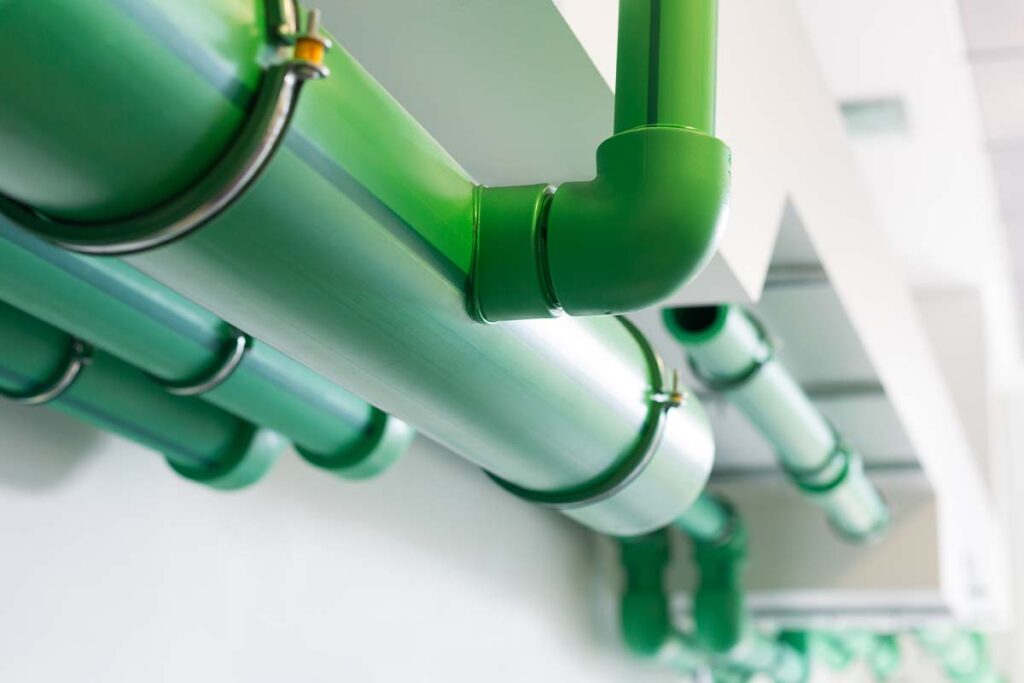
What is the price range of having a whole house water filter installed in Colorado?
The cost of a whole house water filter can vary depending on several factors, such as the type of filter system you choose and the complexity of the installation process. On average, a basic whole house water filter system can cost between $300 and $1,000. However, more advanced systems with multiple filters or additional features can cost up to $5,000 or more.
It’s important to keep in mind that while a whole house water filter might seem like a significant upfront investment, it can save you money in the long run by reducing the need for bottled water or costly repairs due to contaminated water.
How often is maintenance required for a whole house water filter? What should I budget for that?
Regular maintenance is important to ensure that your whole house water filter is functioning properly and effectively removing contaminants from your water supply. The frequency of maintenance will depend on the type of filter system you have and the quality of your water.
Most whole house water filters require filter replacements every six to twelve months. The cost of replacement filters can range from $20 to $200 depending on the type of filter and the brand.
Additionally, some whole house water filters require periodic cleaning or servicing to maintain optimal performance. This can cost anywhere from $100 to $500 depending on the complexity of the system and the level of service required.
It’s important to factor in the cost of maintenance when budgeting for a whole house water filter system. While the cost of maintenance might seem like an additional expense, it’s necessary to ensure that your filter is working effectively and providing clean, safe drinking water for your family.
How Often is Maintenance Required for a Whole House Water Filter? What Should I Budget for That?
The frequency of maintenance for a whole house water filter depends on the type of filter you choose and the quality of your water supply. Generally, it’s recommended to replace the filter cartridge every six months to a year. However, some filters may need to be replaced more frequently if your water supply is heavily contaminated. It’s important to follow the manufacturer’s instructions for maintenance to ensure that your filter is functioning properly.
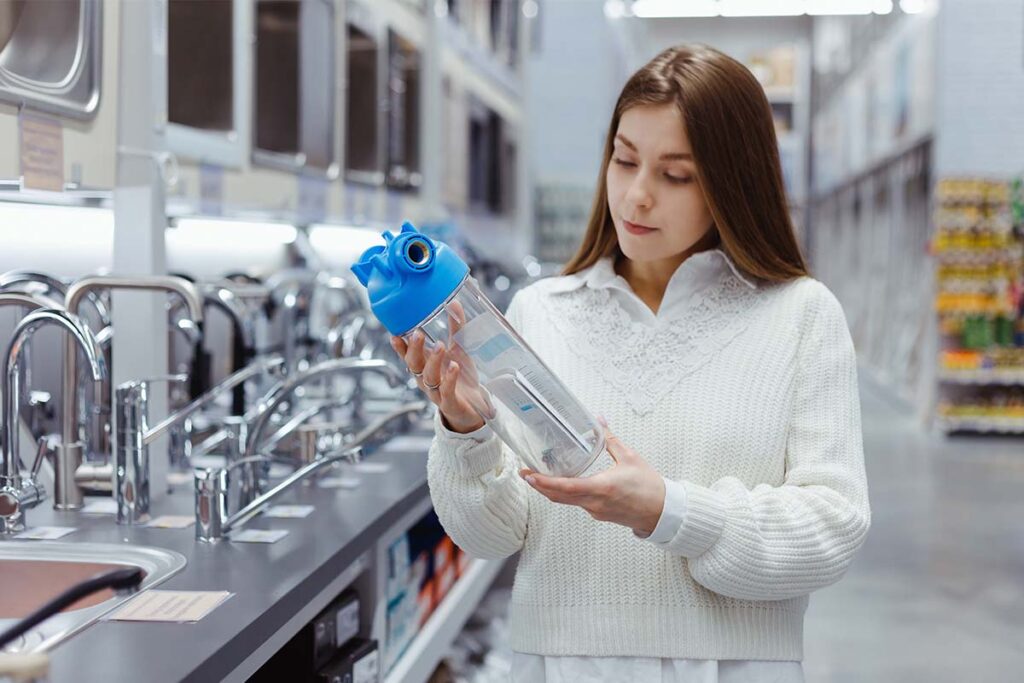
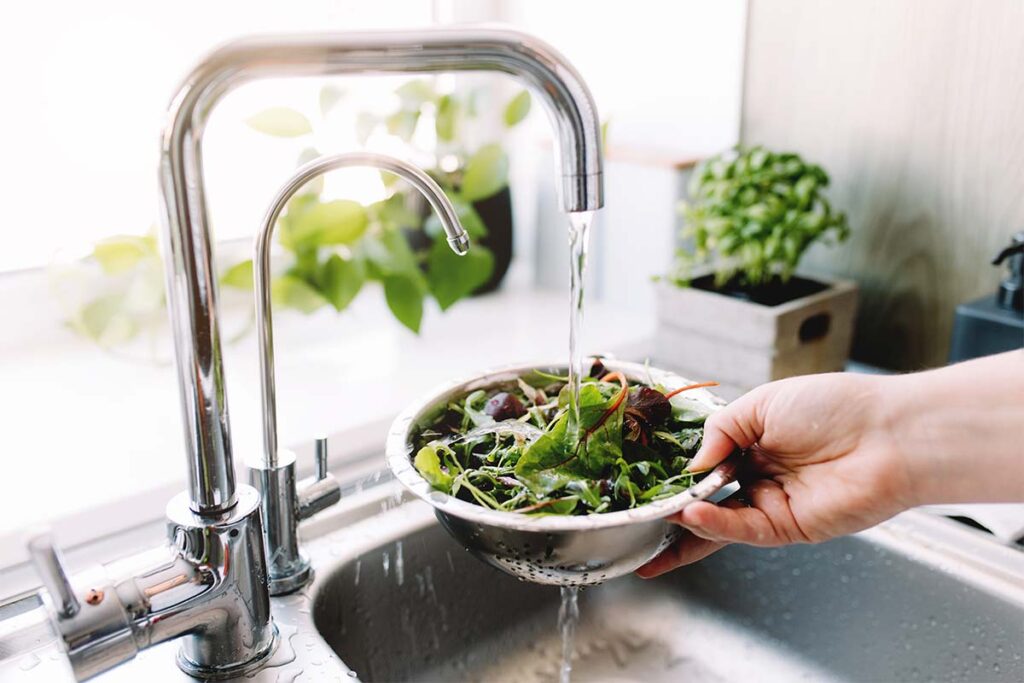
Changing the Filter on a Whole House Water Filter
Changing the filter on a whole house water filter is a relatively simple process that can be done in a few steps. Here’s a basic guide to changing the filter:
- Shut off the main water supply to your home.
- Locate the filter housing, which is usually located near the main water supply line.
- Remove the filter housing cap.
- Remove the old filter cartridge and dispose of it properly.
- Install the new filter cartridge according to the manufacturer’s instructions.
- Reattach the filter housing cap.
- Turn on the main water supply and check for any leaks.
Install a Whole House Water Filtration System for your Colorado Home
In conclusion, installing a whole house water filter is essential for clean and safe drinking water in Colorado. With the prevalence of contaminants in the water supply, it’s important to take proactive measures to protect yourself and your family. By choosing the right whole house water filter and following proper maintenance procedures, you can ensure that your home has access to clean and safe drinking water. Don’t wait until it’s too late, take action today and invest in a whole house water filter for your Colorado home.
